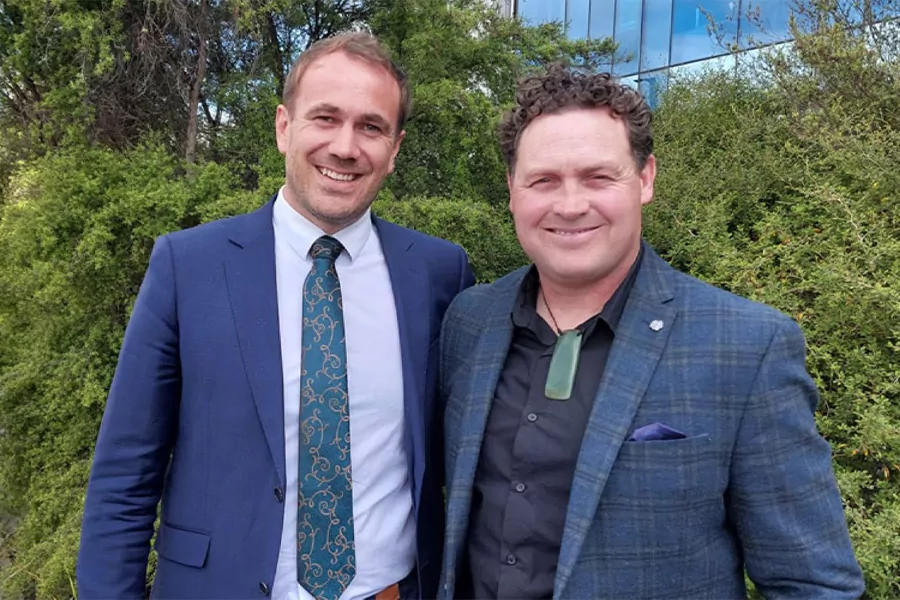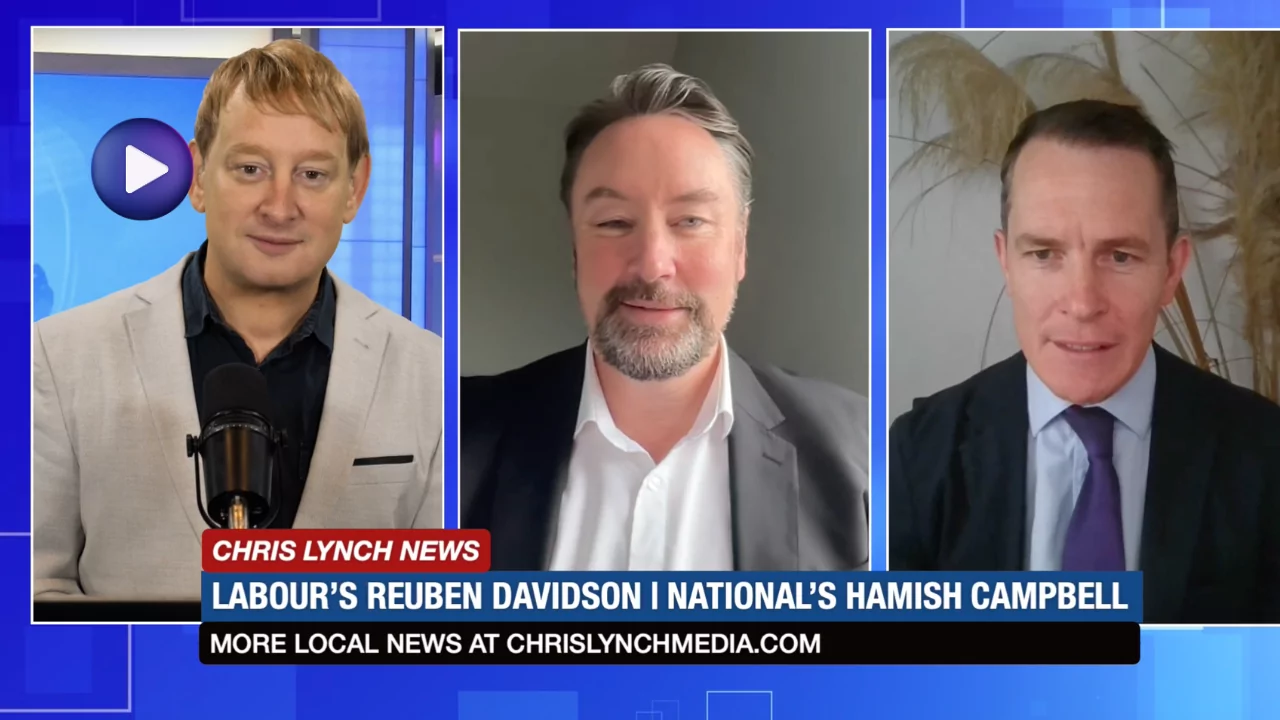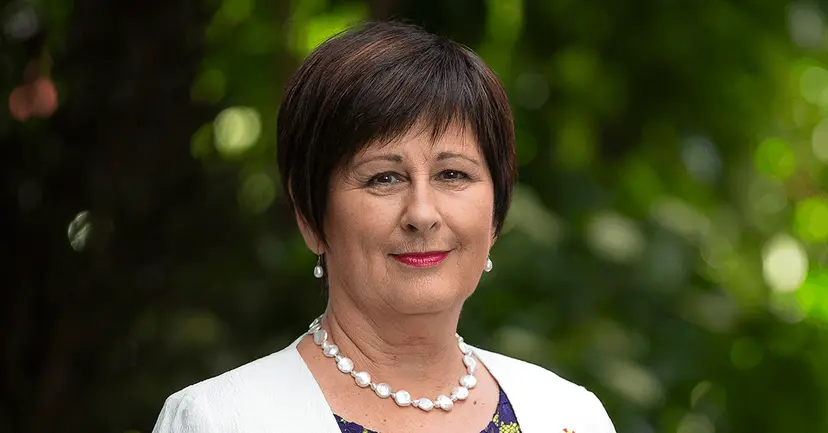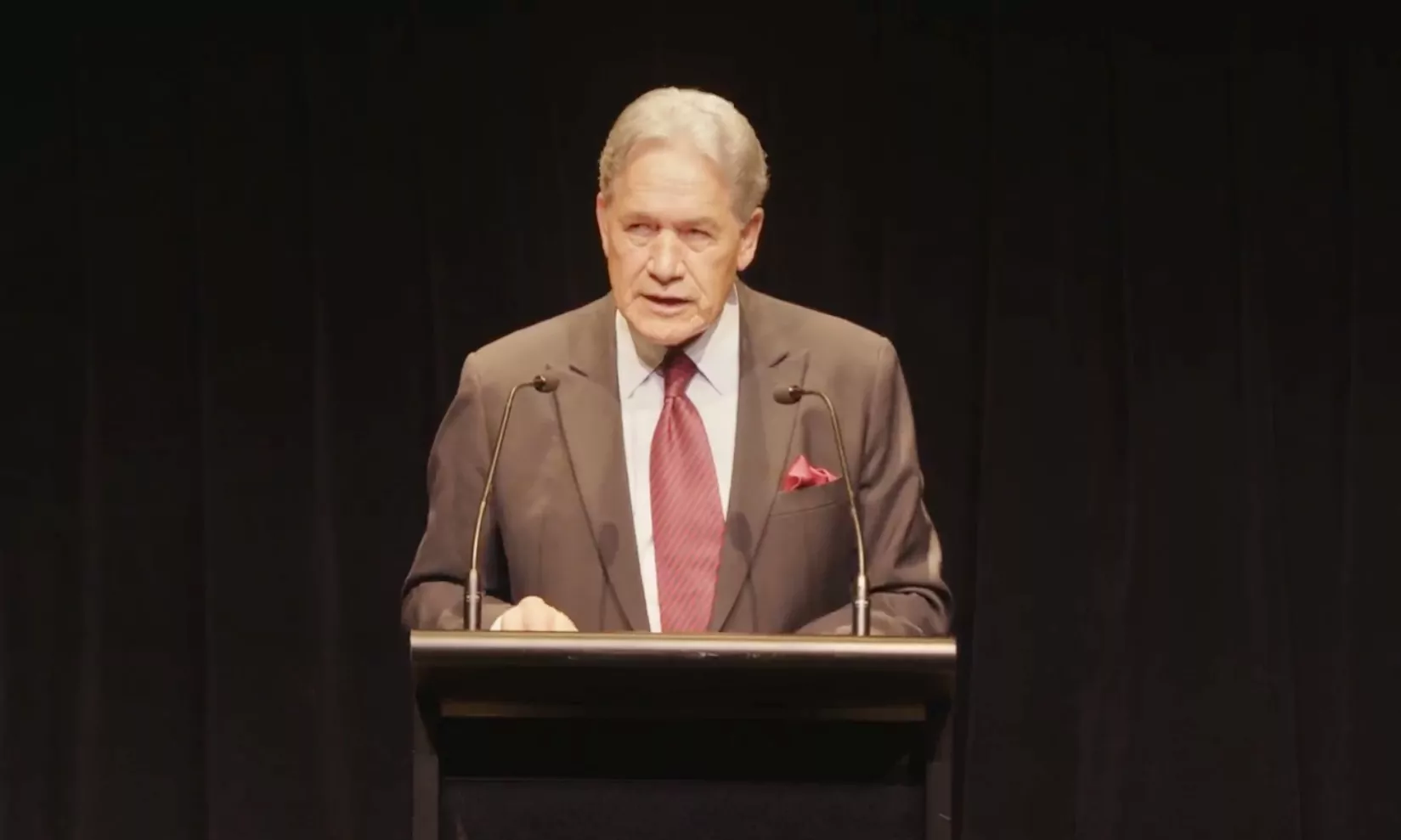Escaped youth tracked by Eagle helicopter, found hiding in New Brighton
The young person who escaped from a youth justice facility in Rolleston has been located...

Canterbury Regional Council’s Deputy Chair Dr Deon Swiggs has delivered a blunt warning to the Government, saying any move to abolish regional councils would put essential services at risk and create chaos for communities across the country.
His comments follow recent reports that the Government is exploring the idea of removing regional councils.
Christchurch Mayor Phil Mauger appeared to support the discussion, saying it was worth exploring.
However, Dr Swiggs responded by defending the role of regional councils and warning of the consequences if they were disbanded.
He told chrislynchmedia.com “While I believe in the functions of regional councils, I also acknowledge the ongoing need for efficiency and effectiveness across all levels of local government,” he said.
“Here’s where I agree with Minister Shane Jones, New Zealand could do with fewer consents and more common sense. But what we cannot do without is flood protection, clean air, healthy water, safe harbours, food production, regional economies, and valuable visitor dollars. That is what is on the line if the work regional councils do for their communities stops.”
Dr Swiggs said the discussion was not new, as the Government had flagged Resource Management Act and local government reform since the election.
However, he warned that any attempt to remove regional councils in isolation was “short-sighted” and failed to understand their purpose.
“Regional councils manage issues that span across multiple local government boundaries. These include entire river catchments, public transport networks, and biosecurity over large areas,” he said.
“These are not functions that can be broken up or absorbed by city and district councils without major consequences.”
He said central government did not appear to understand or value the work of Environment Canterbury.
“Frankly, if the Government is seriously considering scrapping regional councils, then no, I do not believe our functions are being properly understood or valued,” he said.
Dr Swiggs listed key responsibilities of Environment Canterbury, including managing water quality and quantity, overseeing air quality and flood protection, pest control, harbourmaster duties, regional planning, public transport, and climate change adaptation.
“These are complex, long term responsibilities that require regional expertise. Removing them would show a serious lack of understanding about the integrated and essential work done at the regional level for the well-being of our environment and economy.”
He said the impact of disbanding regional councils would be immediate and damaging: Flood protection would become fragmented, increasing risk and damage, pest control would collapse as outbreaks spread unchecked across boundaries, and public transport would lose consistency and become more expensive and less accessible.
Environmental management would break down, with water quality, air quality, and biodiversity all at risk. Dr Swiggs said the integrated approach New Zealand relies on to meet environmental and export standards would be dismantled.
He said Environment Canterbury had not been directly consulted by Ministers about any proposal to disband regional councils.
“As far as we are concerned, it is business as usual. We are focused on the important work we do for Canterbury. I am disappointed the conversation is being played out in the media instead of through constructive dialogue with Ministers.” He also warned against the Government’s proposal to impose a rates cap.
“A rates cap could force councils to cut services, ignore infrastructure maintenance, or take on unsustainable levels of debt. The real issue is the unsustainable funding model for local government,” he said.
Dr Swiggs said the Government should ask whether a rates cap would stop it from continuing to impose new, unfunded mandates on councils.
At a public meeting on Wednesday, Environment Canterbury Chair Craig Pauling also addressed the growing uncertainty.
“I know there has been a lot of discussion in the media about scrapping regional councils. I do not think the way the conversation is happening is helpful, but it is a conversation that needs to happen,” Pauling said.
He told councillors and staff that the council had already been preparing for possible changes and had released its position statements earlier in the year. He said further workshops were scheduled to look at the structure of local government, with the next one planned for early July.
“This issue has come up before. It is not new. But whatever the Government decides to do, we need to make sure we are ready and involved in shaping what comes next,” he said.
He said regional councils have a challenging job balancing environmental protection, resource use, economic prosperity, and treaty partnerships.
“That is not easy and does not always make us popular. But we have to keep delivering our work and be prepared to take part in this conversation in a constructive and informed way.”


